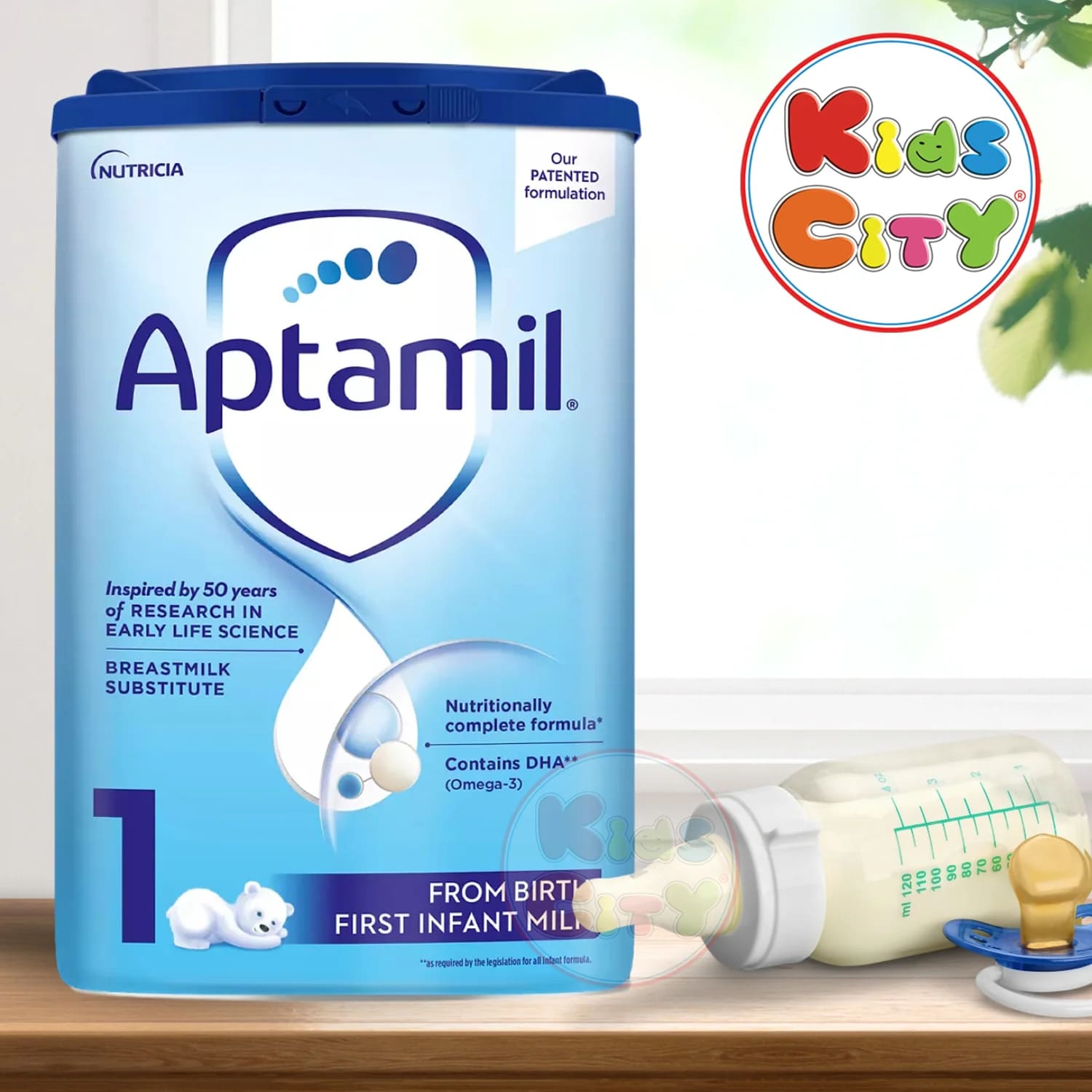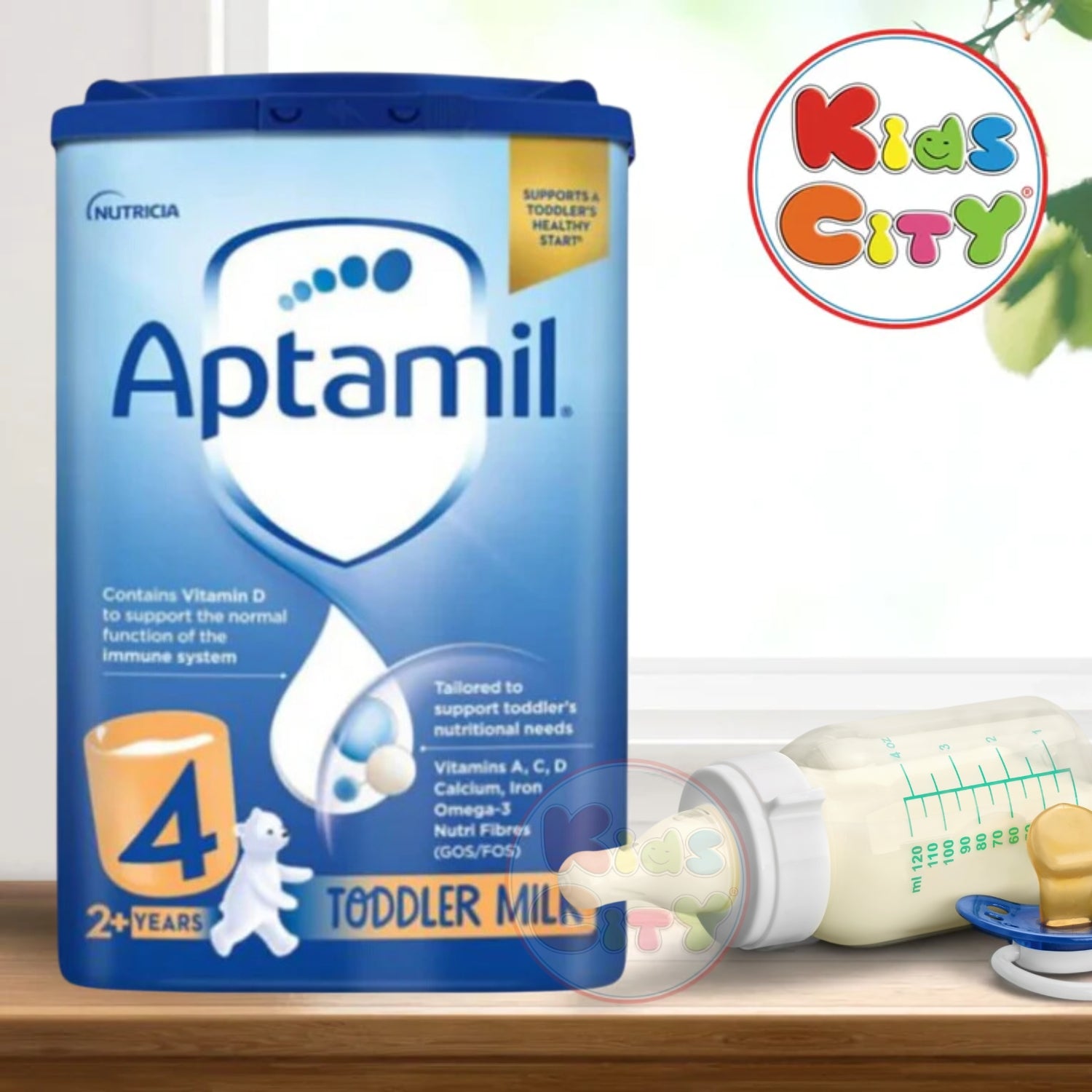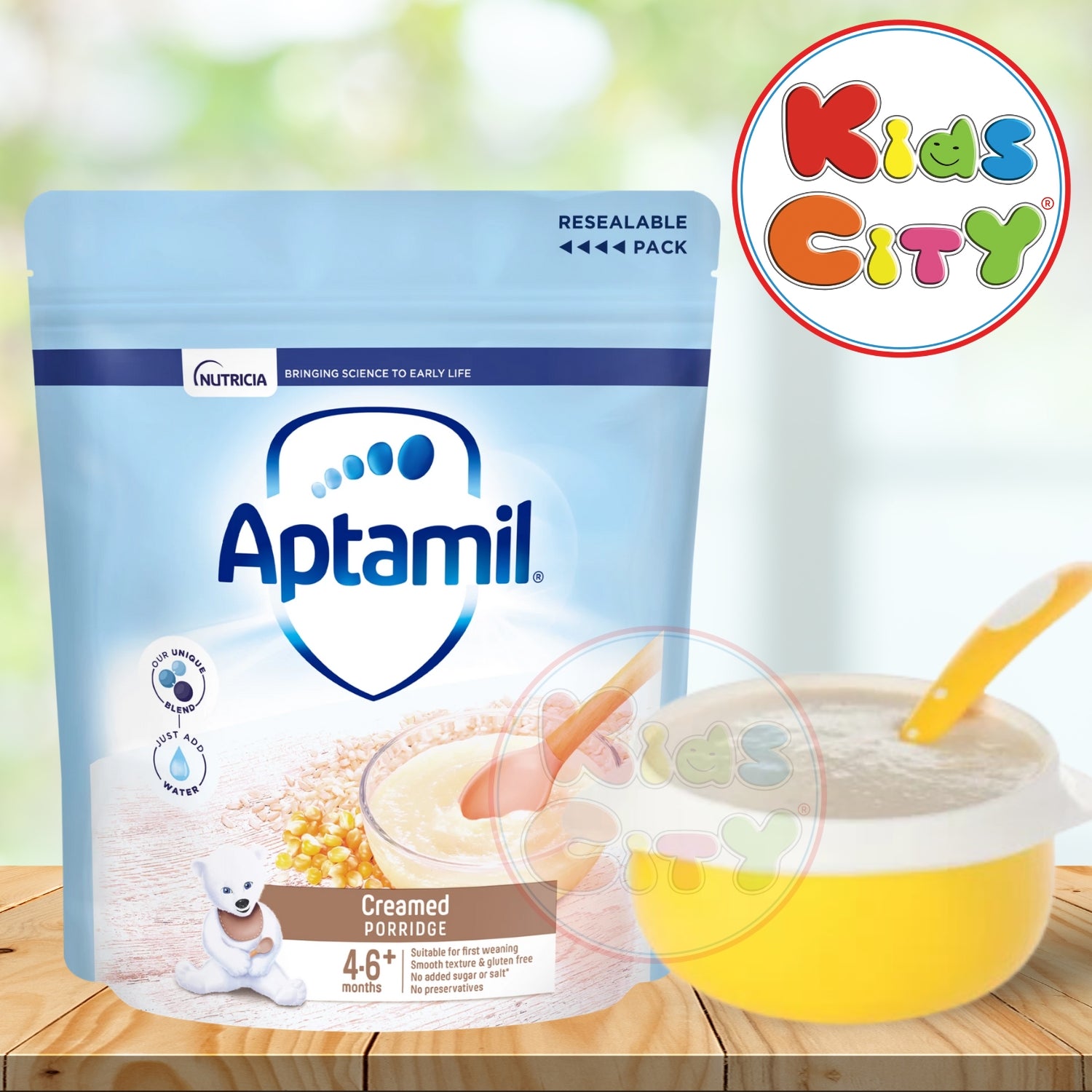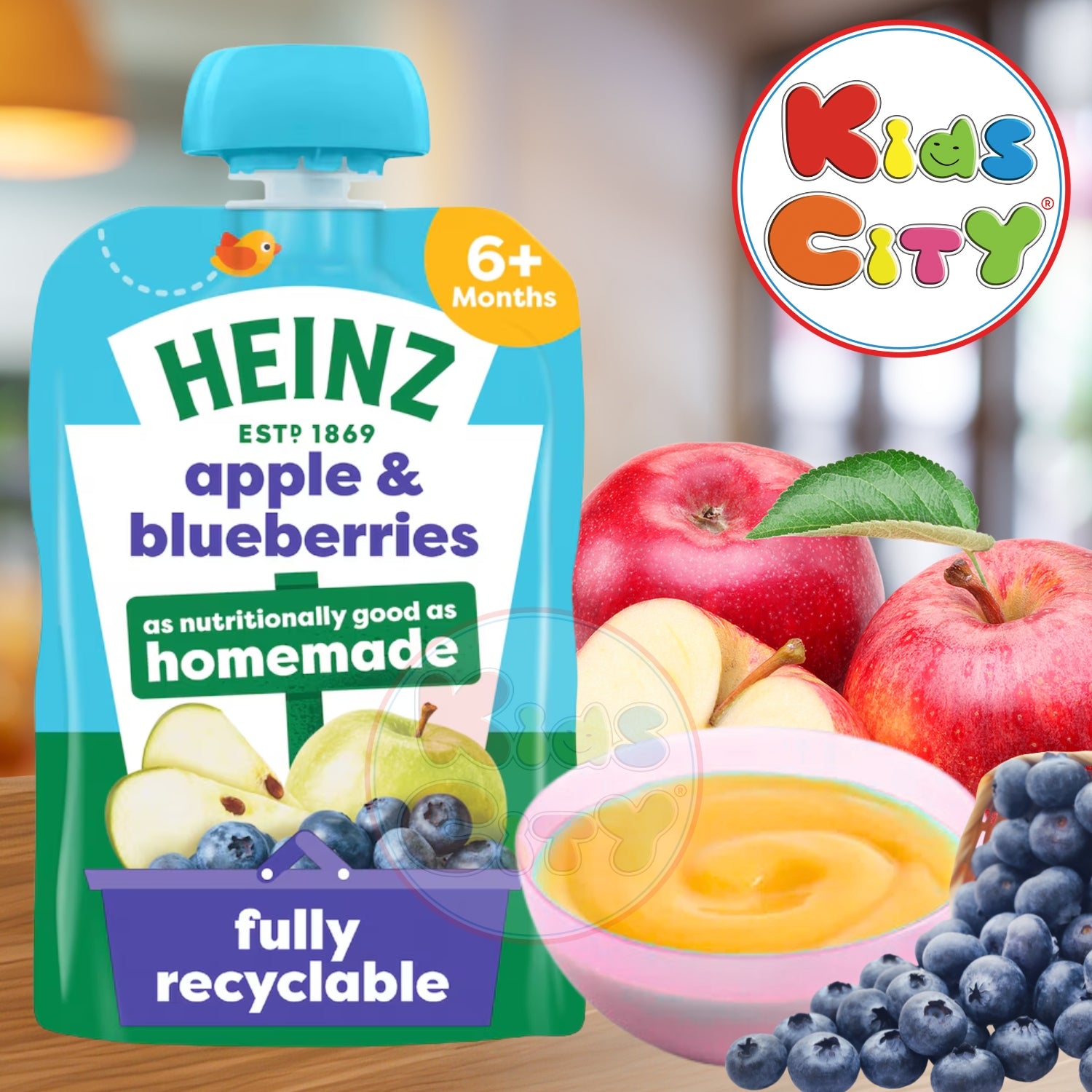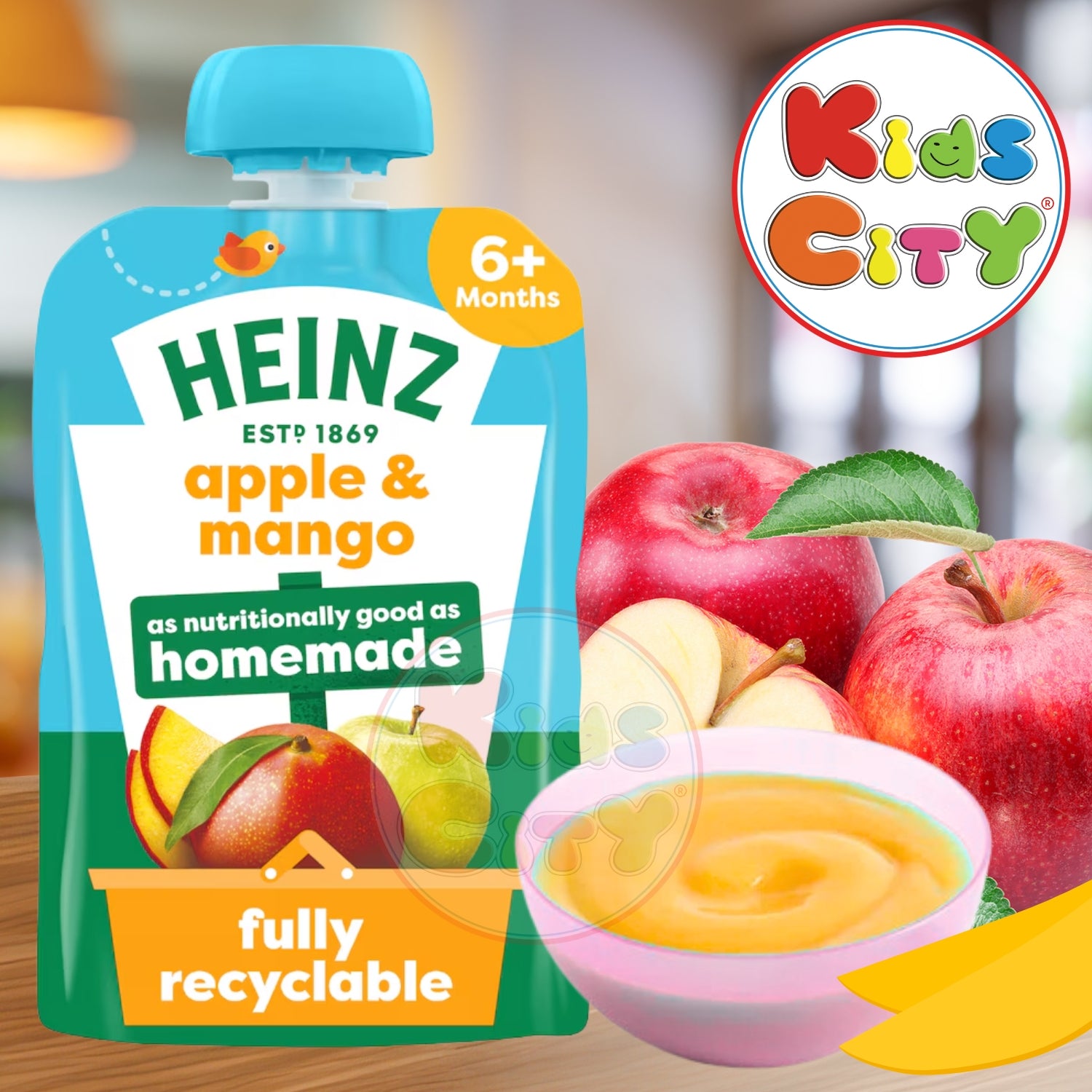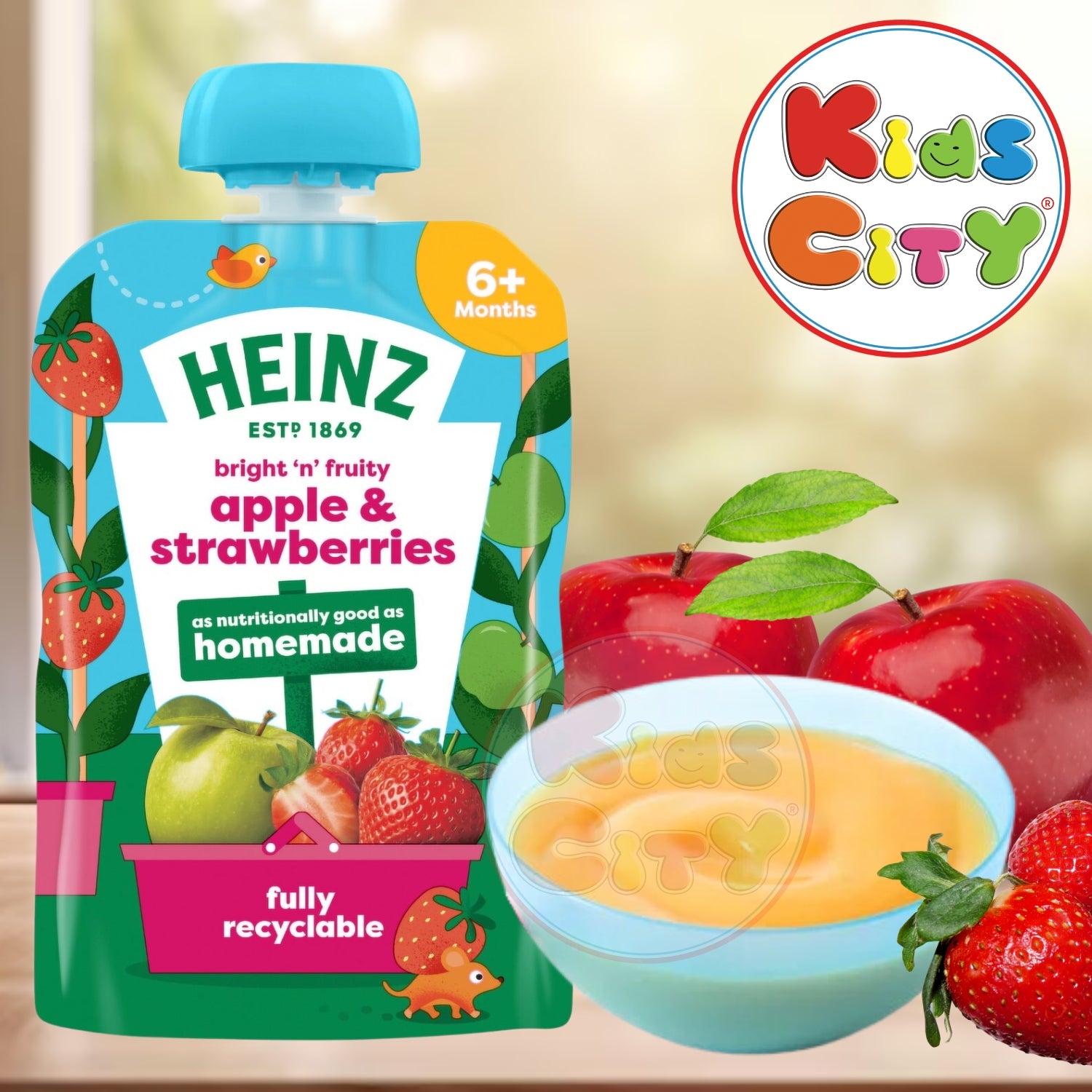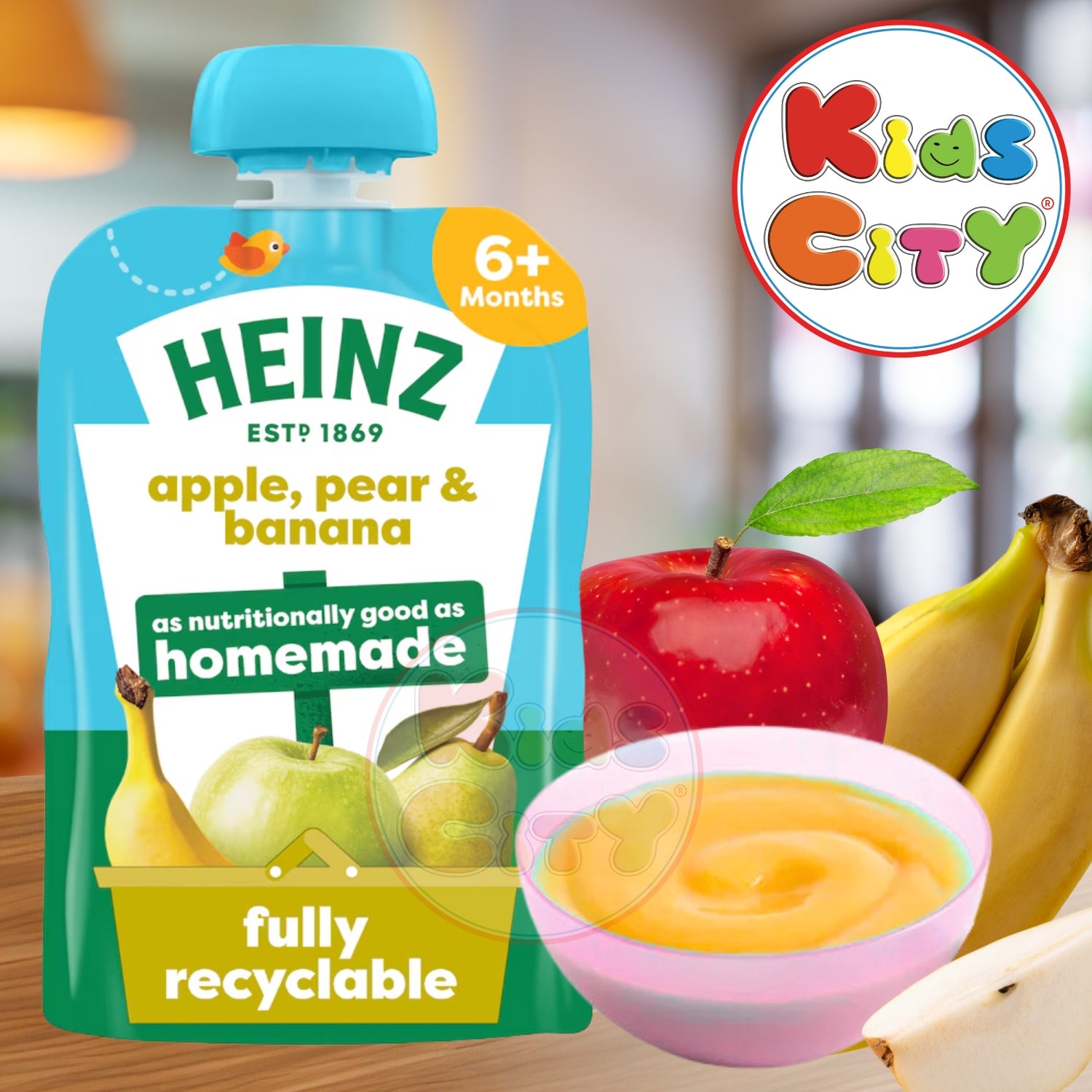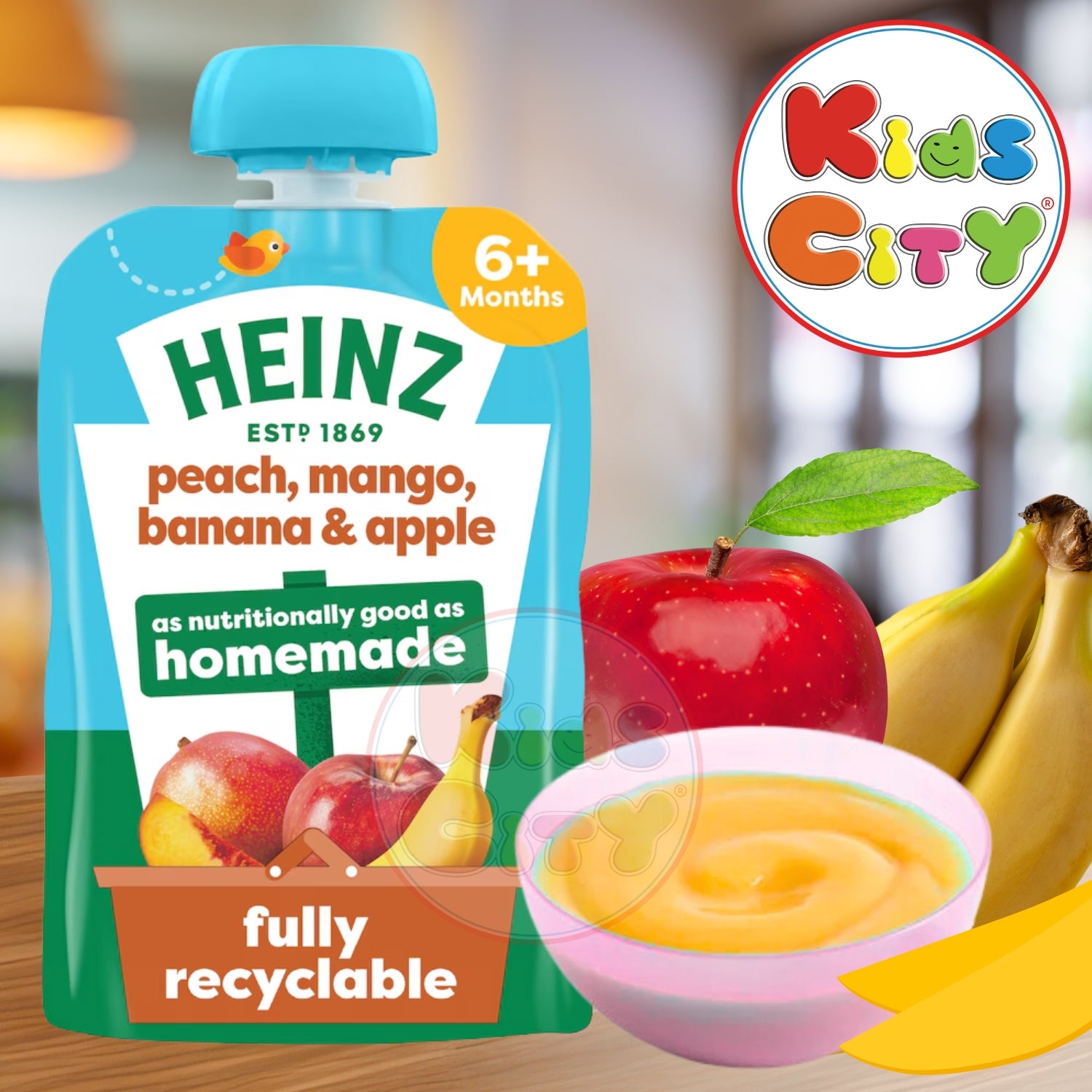-
Baby Foods
- Milk Formulas
- Baby Cereals
- Baby Snacks
- Baby Purees
- Bath & Skin Care
-
Brands
- Aptamil
- Cow & Gate
- Ella's Kitchen
- Enfamil
- Enfagrow
- Gerber
- Heinz
- Hipp Organic
- Kendamil
- Kiddylicious
- Nestle
- Nannycare
- Organic Mamia
- Organix
- Pediasure
- Similac
- SMA
- Aquafresh
- A+D
- ASDA
- Aveeno
- Banana Boat
- Bonjela
- Colgate
- CeraVe
- Crest
- Desitin
- FireFly
- H&A
- Hansaplast
- Heal
- Johnsons
- Jordan
- Kobayashi
- Lansinoh
- Loreal
- Mahahing
- Oral-B
- Sensodyne
- Suave Kids
- Sudocrem
- Tesco
- Tiger Balm
- Vaseline
- Wells
- SALE
Your cart is empty
Looks like you haven't added anything to your cart yet

How to Deal with Colic Baby Crying
Dealing with a colicky baby can be incredibly challenging for parents. Colic is characterized by prolonged and intense crying in an otherwise healthy baby. It can be distressing, but there are ways to help soothe your baby and manage colic symptoms. We will explore various strategies, including dietary changes, specifically focusing on Foods If your Baby Has Colic
Understanding Colic
Colic typically begins when a baby is a few weeks old and usually improves by the time they are 3 to 4 months old. The exact cause of colic is unknown, but it is believed to be linked to digestive issues, food sensitivities, or the baby's developing nervous system. Symptoms of colic include:
- Intense crying for several hours a day, often in the late afternoon or evening.
- Crying seems to occur for no apparent reason.
- Clenching of the fists, arching of the back, or pulling legs to the stomach.
Best Foods If your Baby Has Colic
Diet can play a significant role in managing colic symptoms. Here are some of the best foods if your baby has colic:
- Aptamil Comfort Milk Formula
- Description: Aptamil Comfort is specially formulated for babies with colic and constipation. It contains partially hydrolyzed proteins that are easier to digest. This means the proteins are broken down into smaller pieces, which makes them gentler on your baby's stomach.
- Benefits:
- Easier Digestion: This helps your baby digest food more easily.
- Reduced Risk of Colic: Less likely to cause colic symptoms.
- Supports Healthy Gut Flora: Promotes good bacteria in your baby’s digestive system.

- Enfamil Neuro Pro
- Description: Enfamil Neuro Pro is designed to provide brain-building nutrition while being gentle on a baby’s tummy. It contains MFGM (Milk Fat Globule Membrane) and DHA (Docosahexaenoic Acid), which are essential for brain development.
- Benefits:
- Promotes Brain Development: Supports cognitive growth and development.
- Easier on the Stomach: A gentle formula reduces the chances of colic.
- Reduces Colic Symptoms: Helps soothe your baby’s digestive system.

- Similac Total Comfort 2
- Description: Similac Total Comfort 2 is a gentle formula that contains partially broken down protein for easier digestion. It is designed for babies who experience discomfort from colic.
- Benefits:
- Gentle on the Stomach: Easier to digest proteins reduce discomfort.
- Easy to Digest: Helps your baby process the formula more smoothly.
- Helps Alleviate Colic Symptoms: Reduces crying and fussiness related to colic.

- Hipp Comfort Milk
- Description: Hipp Comfort Milk is an organic formula that helps manage colic and constipation. It contains prebiotics and probiotics that support digestive health. Prebiotics and probiotics help maintain a healthy balance of bacteria in the gut.
- Benefits:
- Organic: Made from natural ingredients without synthetic chemicals.
- Supports Healthy Digestion: Prebiotics and probiotics promote a healthy digestive system.
- Reduces Colic and Constipation: Eases digestive discomfort and colic symptoms.

- Similac Pro-Total Comfort
- Description: Similac Pro-Total Comfort is made with 2’-FL HMO (Human Milk Oligosaccharide), a prebiotic found in breast milk that helps support the baby’s immune system. It is designed to be gentle on sensitive tummies.
- Benefits:
- Supports Immune Health: 2’-FL HMO helps strengthen your baby’s immune system.
- Easy to Digest: Gentle formula is suitable for babies with sensitive stomachs.
- Helps Reduce Colic Symptoms: Reduces fussiness and discomfort associated with colic.

Additional Tips for Managing Colic
Apart from dietary changes, there are other strategies to help soothe a colicky baby. Here are some simple and detailed tips:
Swaddling: Swaddling your baby snugly in a blanket can provide comfort and a sense of security. This technique mimics the warmth and tightness of the womb, which can be very soothing for a baby. Swaddling can help reduce crying and improve sleep by preventing the baby from startling themselves awake. To swaddle your baby:
- Lay a blanket flat and fold one corner down.
- Place your baby on the blanket with their head above the folded corner.
- Wrap one side of the blanket over the baby and tuck it under their body.
- Fold the bottom of the blanket up over their feet.
- Wrap the other side of the blanket across the baby and tuck it under their body.
White Noise: White noise mimics the sounds of the womb and can be very calming for a colicky baby. You can use a white noise machine, a fan, or even a smartphone app to create a steady, soothing sound. The gentle hum can help mask other noises that might startle the baby and create a calming environment. Here’s how you can use white noise:
- Place the white noise machine or fan near your baby’s crib, but not too close to their ears.
- Set the volume to a comfortable level, similar to the sound of a running shower.
- Use the white noise consistently during sleep times and colic episodes.
Gentle Rocking and Movement: Gentle rocking or movement can help calm a colicky baby. This can be done by rocking your baby in your arms, using a rocking chair, or placing them in a swing. Taking your baby for a ride in a stroller or car can also be soothing due to the rhythmic motion. Here’s how to incorporate gentle movement:
- Hold your baby close and gently rock back and forth.
- Use a baby swing with a gentle setting.
- Go for a walk with your baby in a stroller.
- Take a car ride to help them fall asleep.
Warm Bath: A warm bath can help relax your baby and ease discomfort. The warmth of the water can be soothing and may help distract your baby from colic pain. To give your baby a warm bath:
- Fill the tub with warm water, ensuring it’s not too hot.
- Gently place your baby in the water, supporting their head and neck.
- Let them soak and play in the water for a few minutes.
- After the bath, wrap them in a warm towel and cuddle them to keep the soothing effect going.
Massage: Gently massaging your baby’s tummy in a clockwise motion can help relieve gas and discomfort. Baby massage can also promote relaxation and bonding. Here’s how to give your baby a tummy massage:
- Lay your baby on their back in a comfortable, warm room.
- Use a small amount of baby oil or lotion on your hands.
- Gently rub your baby’s tummy in a clockwise motion.
- You can also gently move their legs in a cycling motion to help release gas.
Pacifier: Sucking can be very soothing for babies. Offering a pacifier can help calm a colicky baby and reduce crying episodes. If your baby seems to be soothed by sucking, a pacifier can be a helpful tool. Here’s how to use a pacifier effectively:
- Offer the pacifier when your baby is fussy or having a colic episode.
- Ensure the pacifier is clean and the right size for your baby’s age.
- If your baby is breastfeeding, wait until breastfeeding is well-established before introducing a pacifier to avoid nipple confusion.
By using these strategies, you can help manage your baby’s colic and provide them with comfort and relief. Remember that colic is usually temporary, and with patience and the right approach, it will eventually pass.
- Choosing a selection results in a full page refresh.

